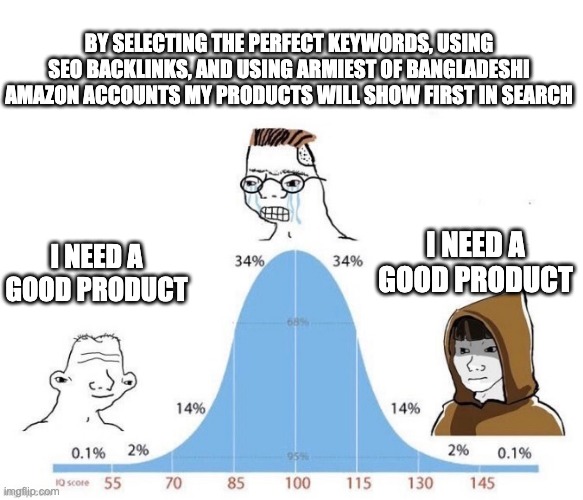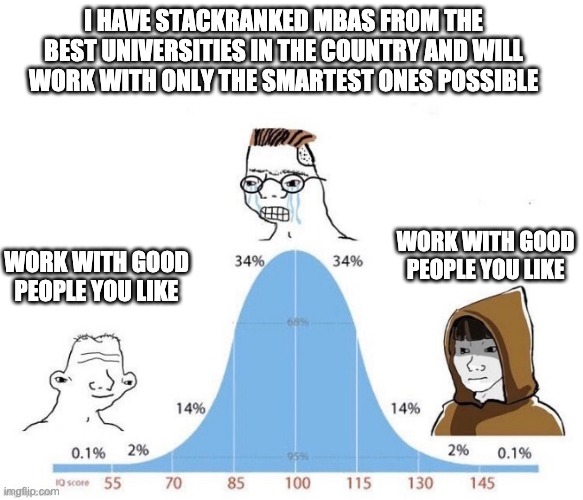
I reread Influence, one of the greatest books of all time.
It will teach you to be more persuasive and how to avoid being conned by people who know its techniques.
This is a 🧵 of its core concepts based on excerpts 1/n
👇👇👇
It will teach you to be more persuasive and how to avoid being conned by people who know its techniques.
This is a 🧵 of its core concepts based on excerpts 1/n
👇👇👇

It's important to understand that people will do things without thinking about them consciously. Check out Thinking Fast and Slow for more information about this. My use of the 🧵 and 👇 emojis are an attempt thoughlessly trigger retweets. 

This is the author, Professor Cialdini Ph.D.
Very importantly he didn't craft this book from an academic ivory tower. They way he came up with the 6 concepts of persuasion was through joining multi-level marketing programs and the like.
Very importantly he didn't craft this book from an academic ivory tower. They way he came up with the 6 concepts of persuasion was through joining multi-level marketing programs and the like.

Before we get to the 6 concepts, a few more intro concepts from psychology...
This is echoed by the famous management theorist Peter Drucker.
This is echoed by the famous management theorist Peter Drucker.

This is better known as "anchoring", one of, if not the most, reproducible result from the entire field of psychology. 

Concept #1, Reciprocation! it is the tendency to view gifts and favors as debts that need to be repaid. 

But be careful, as common sense would suggest, you don't want to low-ball people at the outset. That can backfire. This is an interesting combination of the anchoring concept with the reciprocity concession technique. 

Why Concept #6 Reciprocation, works:
The strongest relationships are win-win and the way to sustain those is "I scratch your back, you scratch mine."
The strongest relationships are win-win and the way to sustain those is "I scratch your back, you scratch mine."
Concept #2, Commitment and Consistency. It is the tendency of peoples' future actions to remain consistent with their past proclamations. 

Even when we make commitments to ourselves, we will self-enforce (this thread was on my to do list for today!) 

Why concept #2 works:
There is a neurological bias in psychology called "recency". It is easier to recall recent memories.
The more you say something, the more you are "pounding it into your brain".
Secondly, we know that we will be shamed for changing our mind.
There is a neurological bias in psychology called "recency". It is easier to recall recent memories.
The more you say something, the more you are "pounding it into your brain".
Secondly, we know that we will be shamed for changing our mind.
Concept #3: Social Proof! It's the tendency for people to copy the behaviors of their peers.
When you need help don't say "help me. Say, you person in green over there, I need you to help me". Make them accountable for the outcome. 

Why Concept #3 works: 1) many people doing something is a strong signal that it's worth at least considering, i.e. the wisdom of crowds. If you were in an airport and everyone started running in one direction, you'd be crazy not to at least consider doing so you yourself.
2) I think we're evolutionarily hardwired for small villages and by breaking with the conformist mold, you're basically inviting yourself to get ostracized or killed by your fellow villagers.
Concept #4: Liking! People who are well-liked are much easily able to persuade others to do what they want. IMO, Cialdini's Tupperware party is not an example. People buy & go to the parties because they don't want to be ostracized, not necessarily because they like the host. 

We associate specific people with the feelings they inspire in us. Seeing your dentist may make you queasy to your stomach in some settings. No one wants to be "the bearer of bad news". 

Why Concept #4 Liking works:
It's driven by Skinner's association psychology work. If you can drive positive feelings in other people, they'll associate those feelings with you, so whenwhen you ask them to do something they will because they want those feelings to continue.
It's driven by Skinner's association psychology work. If you can drive positive feelings in other people, they'll associate those feelings with you, so whenwhen you ask them to do something they will because they want those feelings to continue.
Concept #5 Authority!
This is the tendency of people to comply with directives coming from people of authority or even people who look like them.
This is the tendency of people to comply with directives coming from people of authority or even people who look like them.
Clothing matters. As Charlie Munger says (paraphrasing) "I have too many unorthodox views, opinions, and behaviors to not dress well." He is a huge fan of this book. If you like this content check out: fs.blog/great-talks/ps… 

Why concept #6 Authority works?
People with authority can deliver negative and positive consequences of greater magnitude than people who lack that authority.
People with authority can deliver negative and positive consequences of greater magnitude than people who lack that authority.
Most nurses will kill patients if the doctor told them to because they are accountable for being insubordinate, but not for killing a patient who the doctor is accountable for. 

Concept #6 Scarcity: This is the tendency of people to value things that are in short supply. This is why you'll see "limit 1 per customer" on infomercials or sometimes "for a limited time only"
Why it works? It's evolutionary hard wiring and incentives. You don't want to be the primeval villager who didn't get the last piece food that would've enabled your and your family's survival.
Also, some people have big loss aversion and their own internal monologues will punish them for squandering a limited opportunity.
That's the book!
That's the book!
There are a few ideas I want to discuss that are not covered in here. First is neurodiversity. People have different brain types; some people think in images, others think in words. Remember that when you're trying to communicate or persuade.
Psychology is famous for publishing cited studies that cannot be replicated. In other words, you repeat the same exact experiment but don't get the same result. Part of this is publication bias, but another reason (besides academic dishonesty) is that psychology is dynamic.
Let me give you an example. When How to Win Friends and Influence people first came out, it's techniques were like a cheatcode in life, but today with that book being so well known using them in a non-subtle way makes others who know think you're a scammer.
Finally, let me tell you about the Feynman Technique. By summarizing what you read, you retain that information much better.
(Obviously, I'm also trying to build my social media influence!)
/thread
(Obviously, I'm also trying to build my social media influence!)
/thread
• • •
Missing some Tweet in this thread? You can try to
force a refresh















